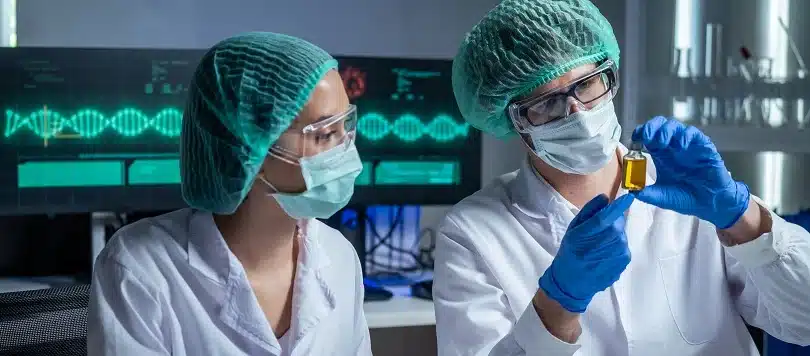Can Sri Lanka repeat its success story? The new cluster in the apparel industry workforce has posed new challenges for the island country.
The recent discovery of a COVID-19 cluster in the apparel industry workforce – a prime foreign export income source for the country – has been disconcerting for Sri Lanka. While the commendable measures taken to control the first wave of the pandemic have been encouraging, the latest developments have reopened the floodgates of uncertainty.
Can Sri Lanka repeat its success story? Last time, the impressive disease mitigation was maintained due to free health, free education, and high literacy, a strong public health system, a supportive government with strong political commitment, and impressive support by the general public. All these factors exist even today, but the current situation brings in new challenges.
Getting a head start
The head start in preparedness has had a positive impact on the new wave of infection, with the National Operation Centre for Prevention of COVID-19 Outbreak (NOCPCO), presidential task force, and grassroots-level community health services being highly active. Contact tracing of the new cluster is happening with great momentum. Mandatory in-center quarantine, hospitalisation of positive cases irrespective of symptoms, self-isolation of extended contacts, and movement restriction of high-risk communities with quarantine curfew are some of the measures that are expected to help contain the infection.
Unfortunately, increased stigmatisation and negative portrayal of patients are making contact tracing a difficult task for community health workers. New patients are being condemned on social media for breaching preventive measures and bringing on the new wave.
Another challenge is public polarisation based on political loyalty. All efforts towards myth-busting, information sharing, behavioural adaptation, and surveillance are perceived through this distorted lens. While the mass media may have some element of neutrality, social media has been wreaking havoc. It’s a good thing that the impact of social media in the country is limited to a certain stratum of the community.
Working with limitations
Hospitals have enhanced capabilities, back-up plans, and emergency preparedness in place, but the system has its limitations. Hospitalisation of all positive cases has helped control the spread of the infection, but it has also put excessive pressure on the healthcare system and significantly increased the risk of exposure for medical professionals.
Education is another area that has been affected badly. Although schools and universities with advanced facilities have been able to carry out virtual classes, the country has an inherent problem with resource distribution. Amidst the new wave, national exams are held as planned, but schools were closed for the second time to minimise the risk of the infection in more vulnerable populations.
Daily wage earners, the tourism sector, small and medium scale enterprises have also been significantly affected and their reserve to face the second wave in the absence of support is questionable. A second lockdown is an extremely difficult economic proposition. However, agricultural work was allowed during the last lockdown and home gardening and cultivations were encouraged to alleviate possible food shortage and insecurities. These measures had resulted in increased essential food reserves during the lockdown.
Sri Lanka has faced three decades of civil war, the devastating effects of the tsunami, and economic slowdown in the past. Yet nothing could not stop its momentum – not even the economic and social impact left by the dreadful first wave of COVID-19. This time too, all stakeholders are working in tandem with shared international experience and generous support from international organisations and friendly governments. Citizens are keeping up to keep up their fighting spirits, driven by faith in the government, healthcare professionals, and tri forces of the army. I hope our hospitality and humanity doesn’t become fragile in the midst of the crisis and we can rise up to the new challenge.
(The author is a senior registrar in critical care medicine at National Hospital – Kandy, Sri Lanka, and a member of the First Check.)


















Add Comment